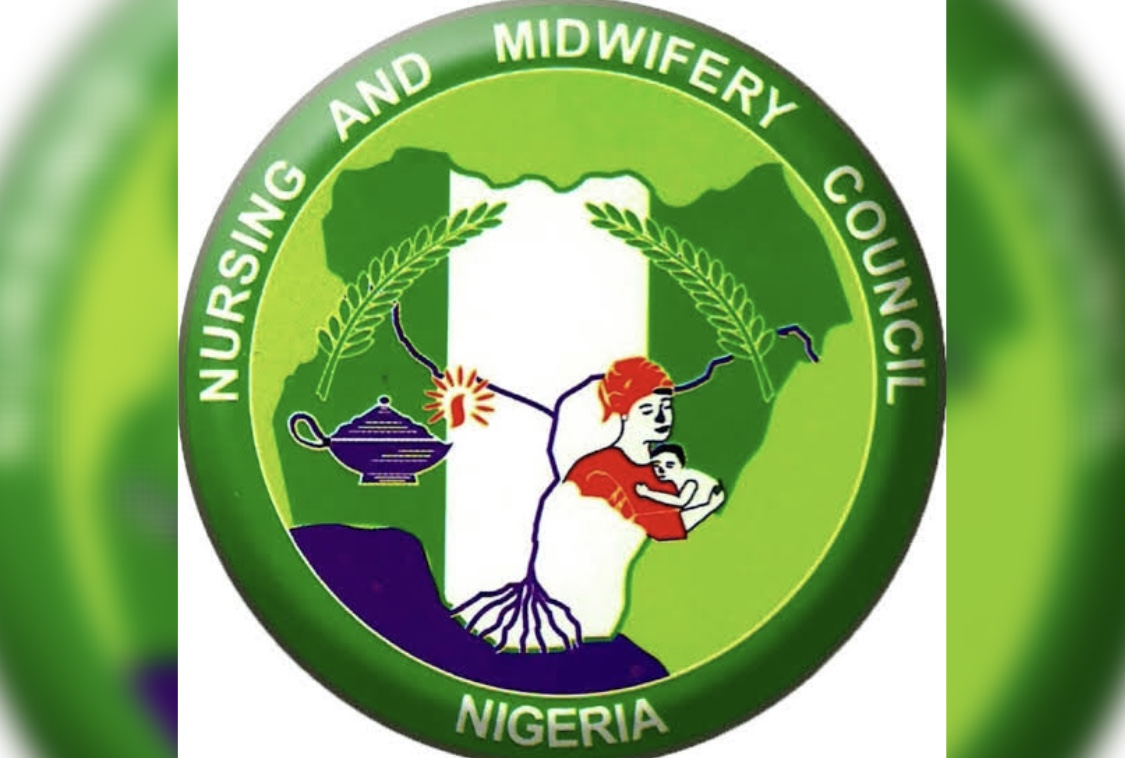Nigeria’s healthcare system relies heavily on the dedication and expertise of its nurses and midwives. These professionals play a vital role in everything from preventative care to childbirth and beyond.
But behind the scenes, two essential organisations work tirelessly to support this critical workforce: The Nursing and Midwifery Council of Nigeria (NMCN) and the National Association of Nigerian Nurses and Midwives (NANNM).
While their names may sound similar, the NMCN and NANNM serve distinct yet complementary purposes. Understanding these differences is key to appreciating the full spectrum of support available to Nigerian nurses and midwives.
In this blog post, we’ll look into the specific functions of each organisation, discussing how they collaborate to ensure the quality of nursing and midwifery education, protect the rights of practitioners, and ultimately strengthen Nigeria’s healthcare system.
NMCN: Ensuring Standards in Nursing and Midwifery
The Nursing and Midwifery Council of Nigeria (NMCN) acts as the guardian of quality within the nursing and midwifery professions. Established by law, it functions as a regulatory body with a core mission: to ensure that nursing and midwifery education and practice in Nigeria meet the highest standards. This translates into several crucial responsibilities:
Registration and Accreditation
The NMCN acts as the gatekeeper for the professions. They register qualified nurses and midwives, ensuring they’ve met the necessary educational requirements. Additionally, the NMCN rigorously evaluates and accredits nursing and midwifery programs across the country. This accreditation process guarantees these programs provide students with the knowledge and skills they need to deliver safe and effective care.
Setting the Benchmark
The NMCN establishes clear guidelines and standards for both nursing and midwifery education and practice. These standards encompass everything from the curriculum of nursing programs to the ethical conduct expected of qualified practitioners. By setting this benchmark, the NMCN safeguards the quality of care patients receive in Nigerian healthcare facilities.
Ensuring Ethical Practice
The NMCN doesn’t stop at setting standards; it enforces them as well. They have the authority to investigate complaints against registered nurses and midwives and take disciplinary action when necessary. This ensures that practitioners maintain the highest ethical standards and continue to provide competent care.
NANNM: A Voice for Nurses and Midwives
In contrast to the NMCN’s focus on regulation, the National Association of Nigerian Nurses and Midwives (NANNM) is a professional association that advocates for the rights, interests, and well-being of its members. Here’s how the NANNM makes a difference:
Promoting the Professions
The NANNM actively promotes the critical roles nurses and midwives play within the healthcare system. They work to raise public awareness of the value these professions bring and encourage young Nigerians to consider careers in nursing and midwifery.
Protecting and Supporting Members
The NANNM serves as a strong advocate for its members’ rights. They lobby for fair working conditions, competitive salaries, and access to professional development opportunities. Additionally, the NANNM offers support services and resources to address members’ concerns and challenges.
Building a Strong Community
The NANNM fosters a sense of community and solidarity among nurses and midwives across Nigeria. They organise conferences, workshops, and networking events that provide opportunities for professional growth and connection.
Read Also: Success Tips for Nursing Council Exams in Nigeria
Collaboration for a Stronger Nursing and Midwifery Workforce
While the NMCN and NANNM have distinct areas of focus, their efforts are far from concealed. These organisations collaborate strategically to achieve a shared goal: a robust and well-supported nursing and midwifery workforce in Nigeria. Here’s how this collaboration benefits the profession:
Maintaining High Standards
The NMCN’s focus on setting standards and accreditation is strengthened by the NANNM’s role in advocating for resources and training programs that enable nurses and midwives to meet those standards. This two-pronged approach ensures a continuous cycle of improvement within the professions.
Empowering Practitioners
The NMCN’s disciplinary role is balanced by the NANNM’s support services. This collaboration ensures fair treatment for practitioners while also providing them with the tools and resources they need to maintain their competence and handle any potential challenges.
A Unified Voice
When it comes to advocating for policy changes or addressing broader issues affecting the profession, the NMCN and NANNM join forces. Together, they present a stronger, unified voice that can effectively influence decision-making and secure positive outcomes for Nigerian nurses and midwives.
Conclusion
The tireless dedication of nurses and midwives forms the backbone of Nigeria’s healthcare system. The NMCN and NANNM, though distinct in their approaches, share a fundamental commitment to supporting these vital professionals.
The NMCN safeguards quality by setting and enforcing standards for education and practice. The NANNM, on the other hand, champions the rights, well-being, and professional development of nurses and midwives.
Together, they ensure a strong foundation for the nursing and midwifery workforce. This, in turn, translates to improved patient care and a more robust healthcare system for all Nigerians.

6 comments
Amazing 😍
thanks
Now I know better
Very interesting ☺️
Brilliant write up
thank you